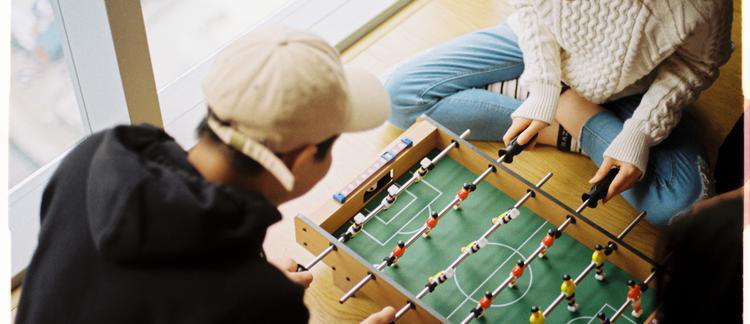Abstract
Copyright education has become an important aspect of librarians’ information literacy and scholarly communications activities. These include providing support and delivering teaching sessions for teaching and professional services colleagues, as well as students, researchers and other library users. Since the Covid-19 pandemic and the shift to online and hybrid teaching, it has become increasingly important for lecturers and teachers to understand how licences and copyright exceptions apply to teaching and learning activities. The need for this has been documented by practitioners and scholars around the world (Hudson and Wragg, 2020; Craig and Tarantino, 2020; Morrison and Secker, 2020).In this paper we will briefly outline the concept of ‘copyright literacy’ as defined by IFLA (2018) and how it has many parallels with teaching other aspects of information literacy. This includes taking a more ‘critical’ approach, where students are encouraged to explore power dynamics within the systems of creation and consumption of information. Copyright education has traditionally been approached in a rather dry, lecture style format. This approach often serves to reinforce the perception of copyright education as the communication of a set of rigid rules to follow. We argue that the creation and use of copyright games, including Copyright the Card Game and The Publishing Trap, has transformed approaches to teaching copyright in recent years and supported a broader, more critical conception of copyright literacy. Both games are licensed as open educational resources and have been adapted and re-used by others in the UK and in other countries around the world. They have also sparked the creation of other copyright games, which are showcased at an annual conference: ICEPOPS – the International Copyright Literacy Event with Playful Opportunities for Practitioners and Scholars.The paper will explore the pedagogic principles behind our games as well as considering the value of games and playfulness when teaching about a subject such as copyright that is known to cause uncertainty and anxiety. We will also reflect on how we adapted both our games for teaching online during the Covid-19 pandemic. Through this process it was important to retain the learning outcomes of the game but also the pedagogical approaches used including the use of teams and point scoring, peer learning, the use of scenarios and of discussion and critical thinking. Finally we will discuss feedback we’ve collected from librarians and others who have played or used our games in their own teaching. We will conclude considering how a critical approach to copyright education aligns with a signature pedagogy of playful learning.
Keywords
Copyright education, copyright literacy, games, open access
How to Cite
Secker, J. & Morrison, C., (2022) “Playing with Copyright”, The Journal of Play in Adulthood 4(2), 106-125. doi: https://doi.org/10.5920/jpa.1034
1162
Views
156
Downloads

